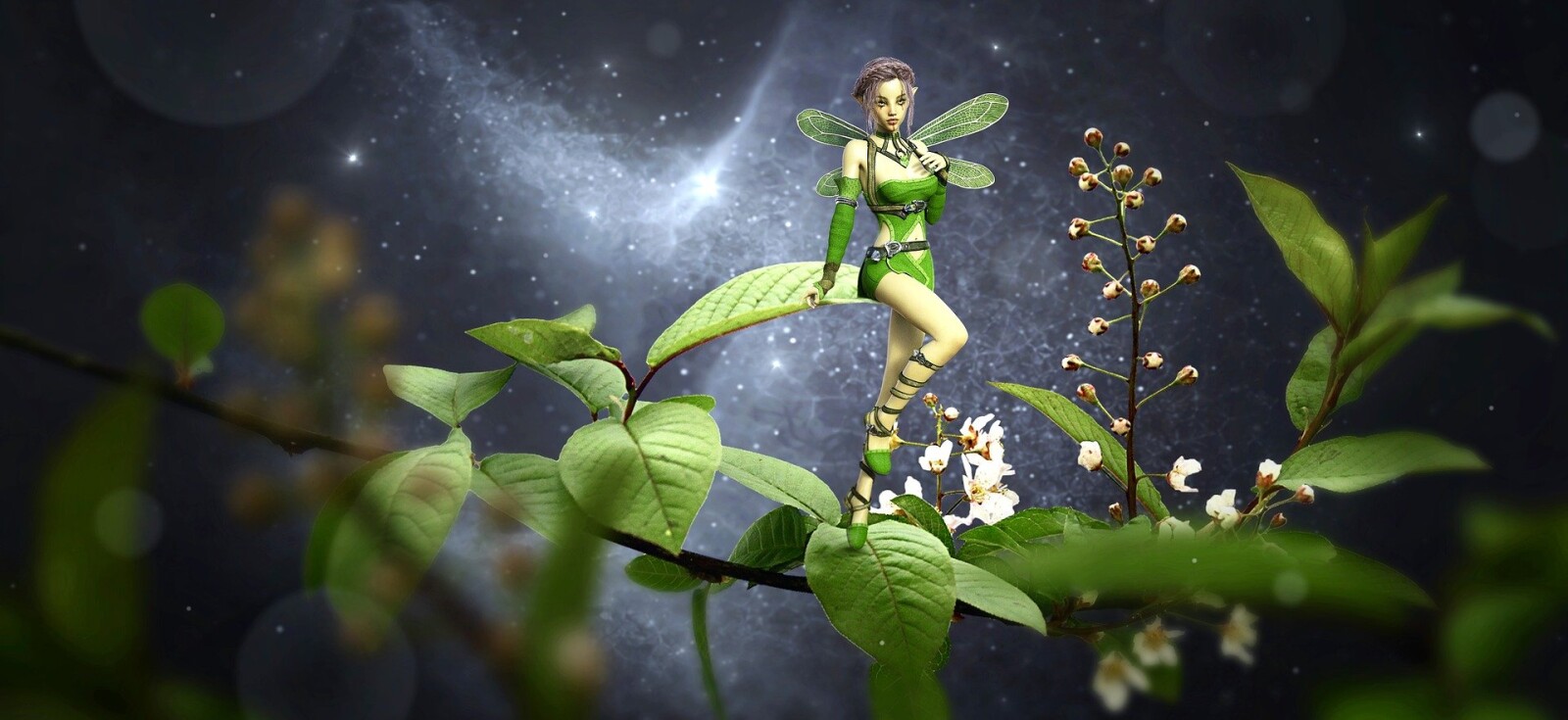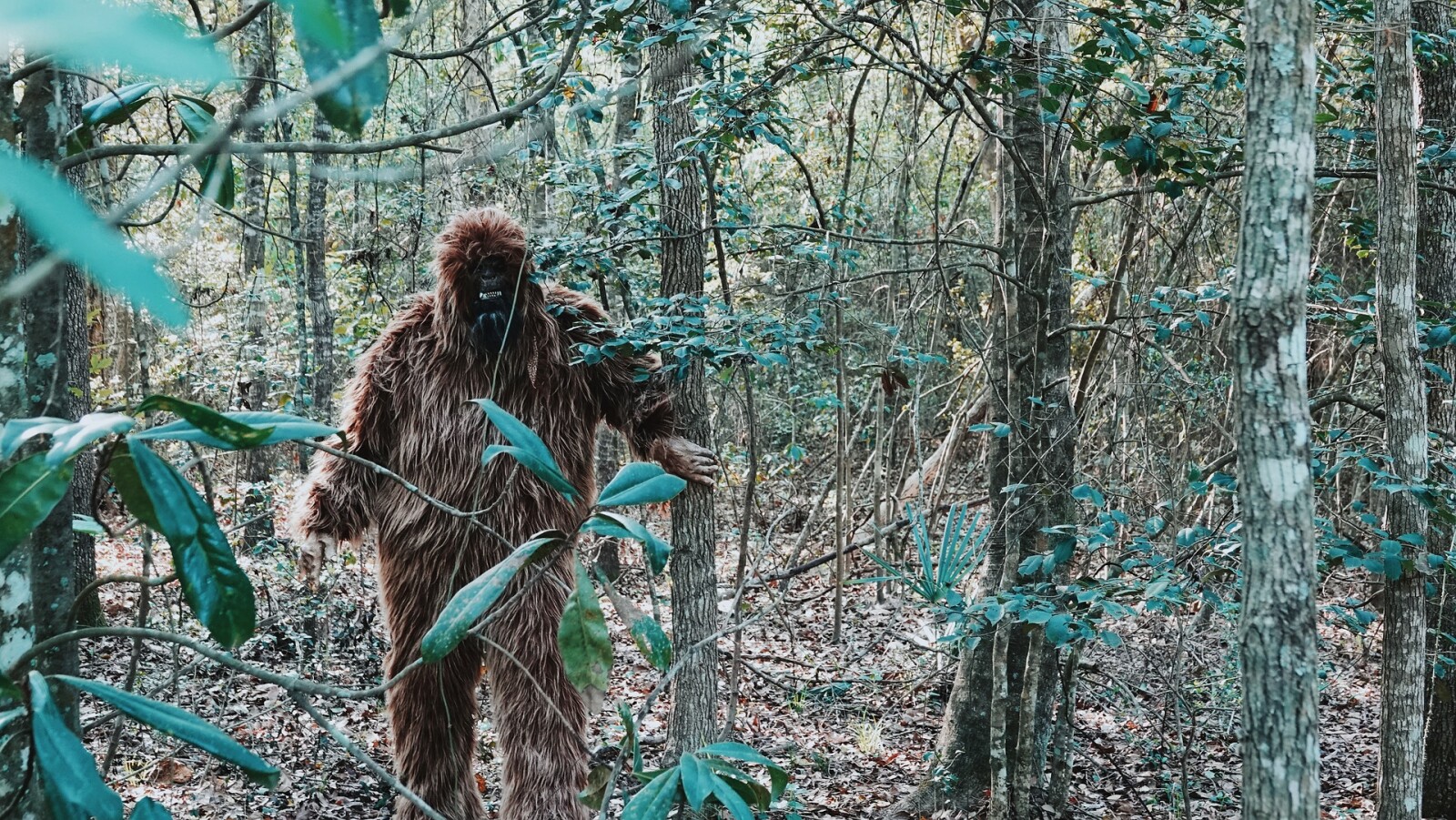4 Legal Disputes and Precedents Involving Mythical Creatures

When it comes to lawsuits, courts generally don’t like to involve themselves in supernatural affairs. There are real-life problems they have to take care of above all else, like protecting our beloved corporations from dastardly civilians. Sometimes, though, it becomes necessary to get an official ruling on the sort of disagreement or concern usually limited to the pages of a fantasy novel.
Here then are four legal rulings involving mythical creatures…
Protected Elf Habitats

If you’re looking to start a new bit of large-scale construction, you’re legally obligated to make sure it won’t negatively impact any important local ecosystems. At least, if your bribing chest is empty. No matter how helpful you claim that new highway will be, you’re going to have to snake it through historical sites and assuage local concerns about its impact. Nothing puts a coffin nail in a new development, though, like the habitat of an endangered species. In Iceland, there’s one particular protected species that I have to imagine is the most frustrating of all, given that their existence is debatable at best. This isn’t some rare, red-breasted something or other, or a bunch of sick turtles either, but instead… elves.
The well-being of the huldufolk, or “hidden people,” is something that genuinely has to be considered when planning new construction, lest you get caught up in a snafu equal parts conservationist and magical. An attempt to remove a boulder known as Ofeigskirkja brought the construction of a highway to a standstill for eight years while they faced off with local elf-lovers, including one who claimed the elves had contacted him directly. Even if you make it through the red tape in one piece, you might not be homefree. Tales of “machines breaking down and workers becoming ill” when they ignore elven land claims aren’t uncommon, according to Bryndis Bjorgvinsdottir.
Elves aside, Iceland, c’mon, you’re killing my keyboard.
A House That’s Legally Haunted

A combination of a haunted house and legal drama sounds like something that would immediately rocket to the top of my Netflix queue, but in this case, it’s a real-life lawsuit from 1991. A house was sold by Helen Ackley to a man named Jeffrey Stambovsky. Handshakes, champagne, the usual ensued, but almost immediately after selling, Stambovsky discovered an unspoken and undesirable characteristic of his new house: It was haunted. Something Ackley had made clear via multiple publications including Reader’s Digest.
Stambovsky was pissed, having thought he’d bought a standard, ghostless house, and sued to rescind the sale. Credit where credit’s due, the court did their absolute damnedest to take it seriously, and established eerie precedent in the process. The first court dismissed the case, though they did admit that “as a matter of law, the house is haunted.” They made a ruling based on caveat emptor, meaning the seller can’t be held responsible for not mentioning something the buyer should be able to discover during due diligence. Stambovsky appealed, meaning two courts had to deal with this shit, and they actually ruled in his favor, saying caveat emptor didn’t apply because the ghosts in question weren’t guaranteed to be located even during a thorough inspection. It’s like reproducing a computer bug — the elevator full of blood never shows up when you want it to.
Where You Can and Can’t Kill Bigfoot

Perhaps the most hunted cryptid of all time is a large-footed and famously blurry fellow. Bigfoot, Sasquatch, my best friend… whatever you choose to call him, people have been trying to track him down forever. If you’re doing so in the State of Washington, though, make sure you’ve brought your non-lethal loadout. If you’re in Skamania County, Washington, stick to tranq darts and net guns, because if not, you could end up in jail. Compromising Bigfoot to a permanent end in this area will end up in your own capture, to the tune of five years in jail.
In Texas, however — to no one’s surprise — they’re a lot more forgiving about your methods of Bigfoot neutralization. Down there, you’ve got the official thumbs-up to shoot and kill Sasquatch, which we know because someone sent an email asking about it. David Sinclair of Texas Parks and Wildlife, told the aspiring cryptid killer, “A nonprotected nongame animal may be hunted on private property with landowner consent by any means, at any time and there is no bag limit or possession limit.”
Which also, I guess, means that if you wanted to keep the corpse for slippers and stew, the government would have to fight you on it.
J.R.R. Tolkien vs Dungeons & Dragons

Look, I know what you’re all saying right now. Enough about these boring cryptids, I want to hear thrilling tales of copyright law! Mythical creatures of all kinds, though admittedly fictional, abounded in one such case brought by J.R.R. Tolkien’s estate against Dungeons & Dragons. A time that must have been devastating for the nation’s losers, watching nerd mom and dad fight.
Tolkien-heads probably know, but many more casual, grass-touching fantasy fans might not, that Tolkien is responsible for inventing, or at least defining, many fantasy races and creatures that are the foundation of most modern fantasy. Some are so omnipresent now that it’s hard to believe they came from a single source, like the orc, or, arguably, the common characterization of elves. The Tolkien estate didn’t hold back, pointing to basically every page of the handbook, and while they didn’t win them all, they did win some. For example, before the lawsuit, you didn’t play as a “halfling” but as a straight up, proper “hobbit.” Other etymological casualties were the “ent” becoming “treants” and the “balrog” becoming “balor.”
Between fantasy lovers and copyright lawyers, the trial must have been an absolute peak in human pedantry.
Eli Yudin is a stand-up comedian in Brooklyn. You can follow him on Twitter and Instagram at @eliyudin and listen to his podcast, What A Time to Be Alive, about the five weirdest news stories of the week, on Apple Podcasts, Spotify or wherever else you get your podcasts.